


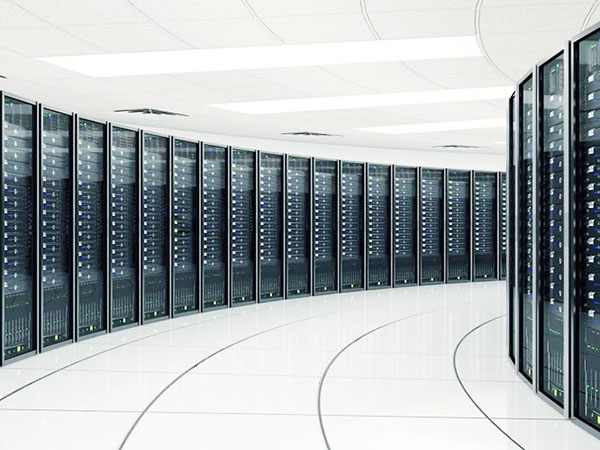
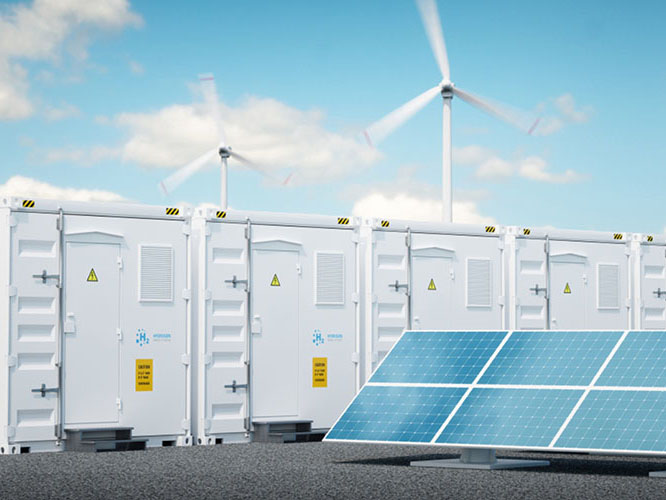
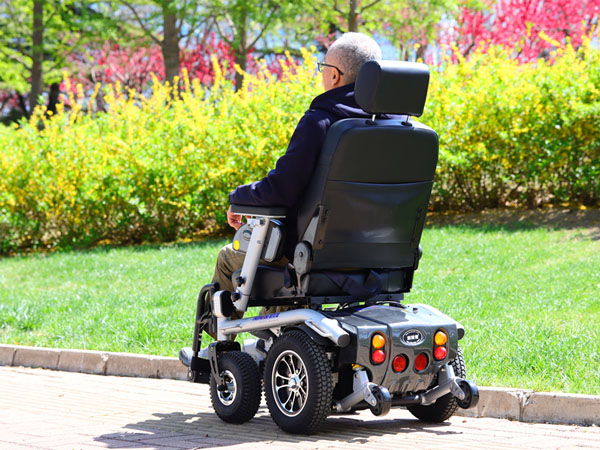
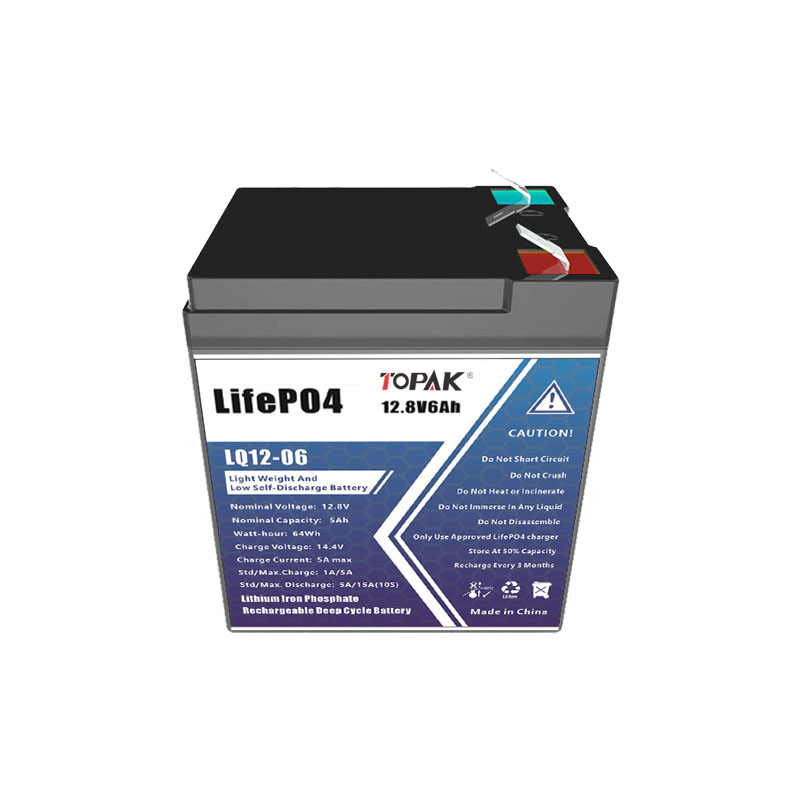
12V 6Ah Lithium ion Battery Lifepo4 Battery
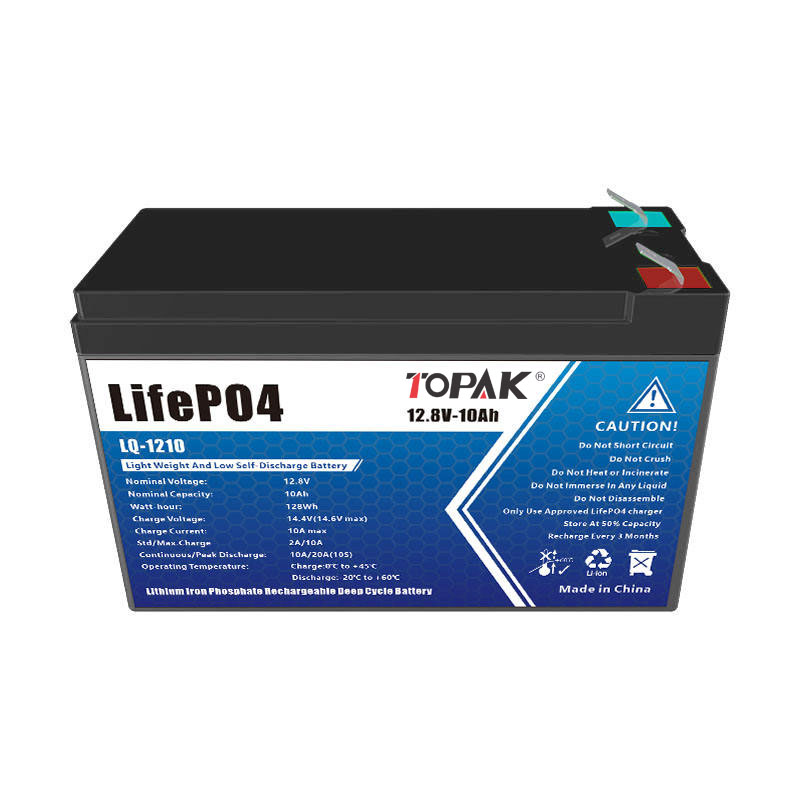
12V 10Ah Lithium ion Battery Lifepo4 Batteries
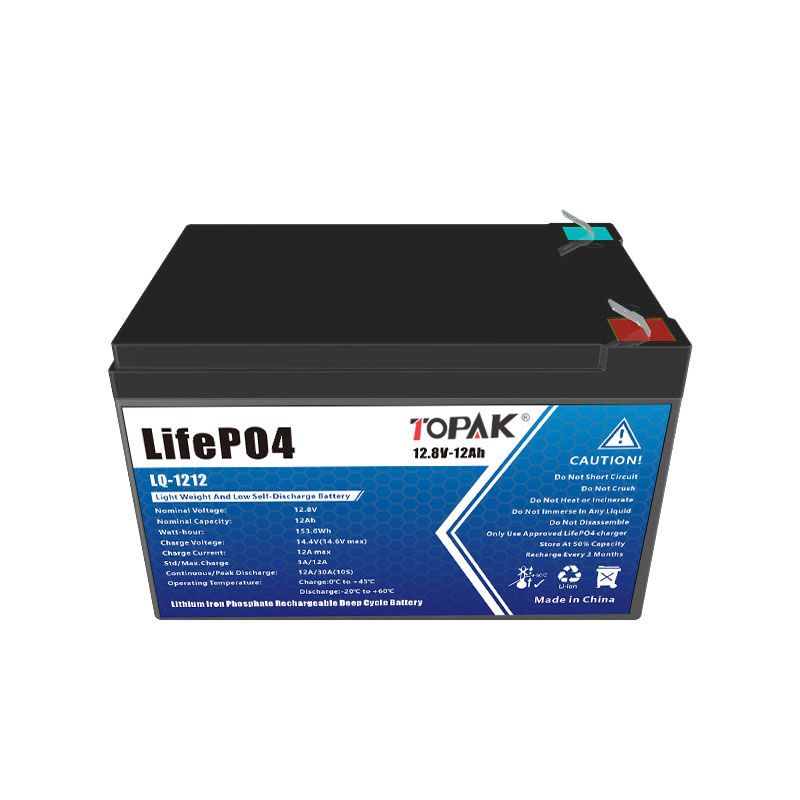
12V 12Ah LiFePO4 Lithium Iron Phosphate Battery
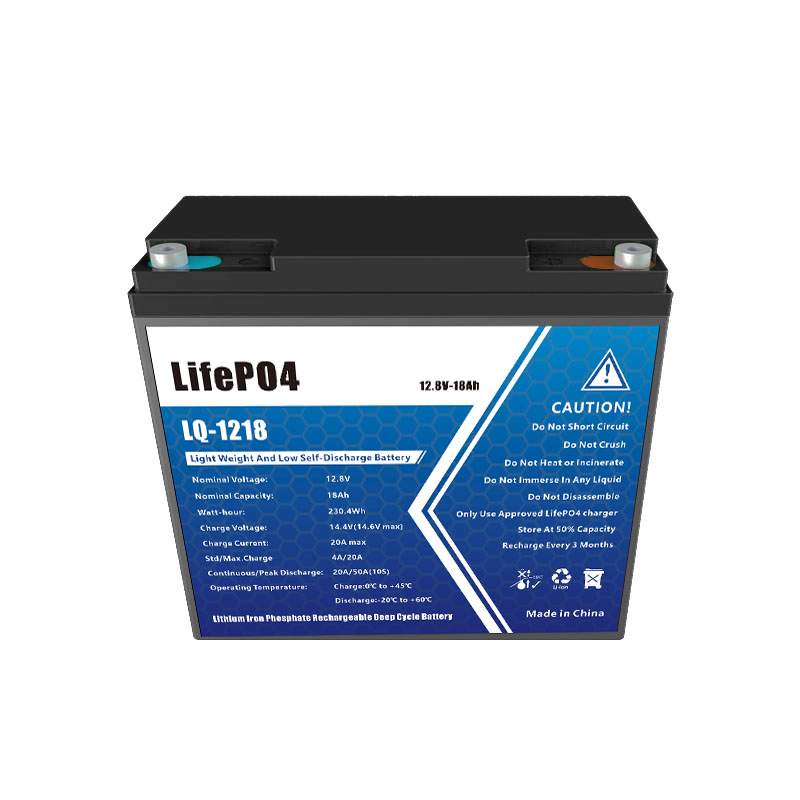
12V 18Ah Lifepo4 Lithium Battery Cell
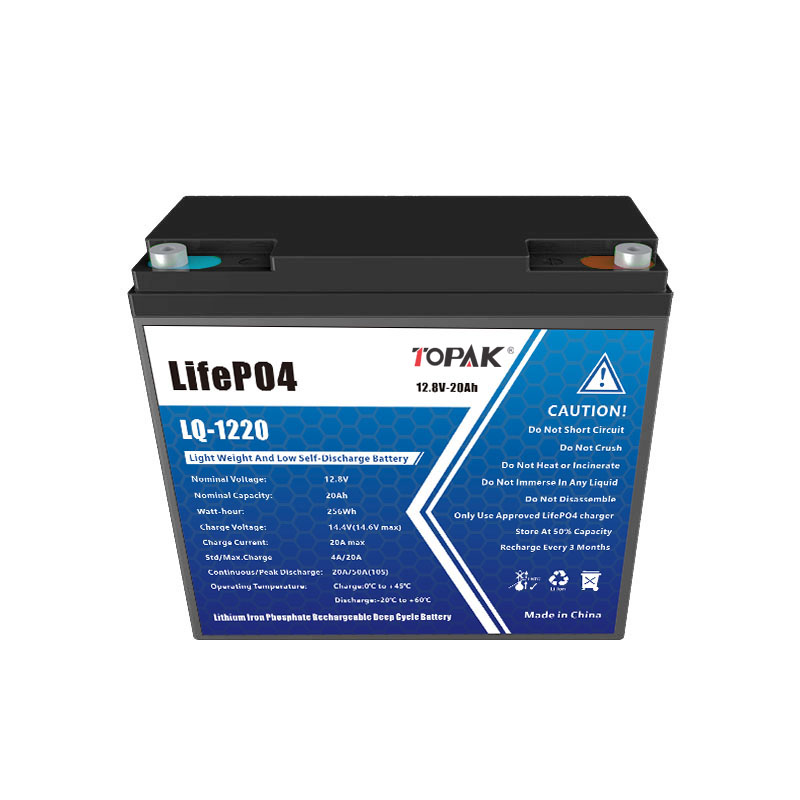
12V 20Ah replacement Lead acid Lithium Battery

12V 36Ah Lithium Iron Phosphate Battery

24V 50Ah Lifepo4 Battery Lithium ion Battery

24V 100Ah lifepo4 iron batteries replacement lead acid lithium battery

24V 200Ah lifepo4 battery replacement Lead acid Lithium Battery

48V 50Ah Lithium Iron Phosphate Battery replacement Lead acid Lithium Battery

48V 100Ah lithium batteries replacement lead acid lithium battery
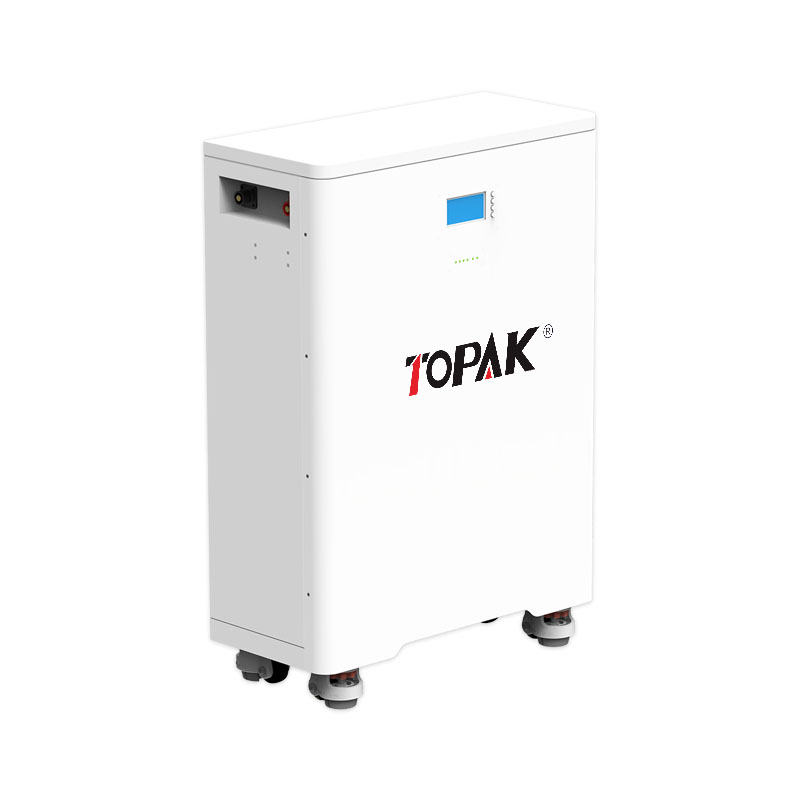
TOPAK 51.2V 300AH Vertical Home Energy Storage Battery

TOPAK 48V 100Ah Home Rack Mounted Energy Storage Batteries

TOPAK 51.2V 100Ah Stackable Battery Shunt able Solar Battery
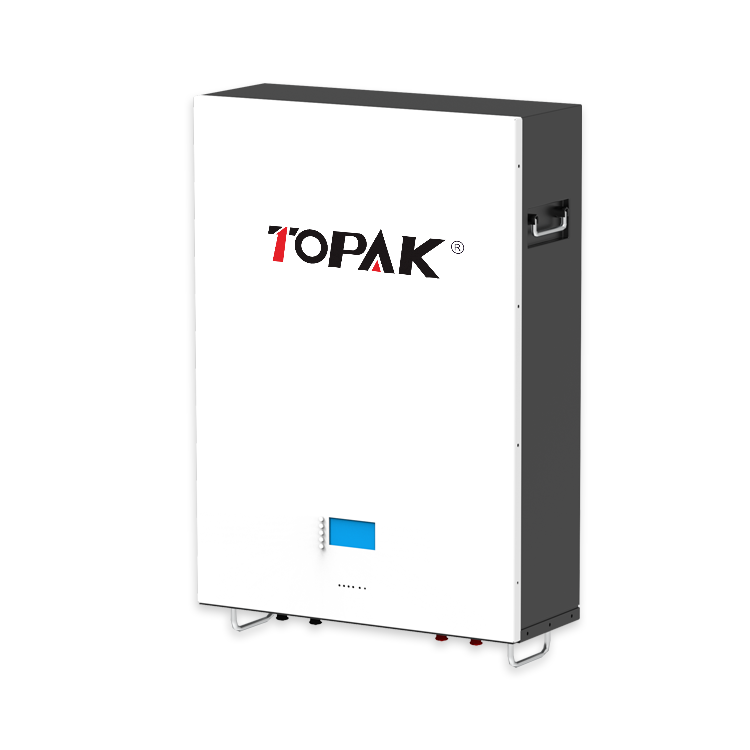
TOPAK 24V 200Ah Solar Household Wall mounted Battery
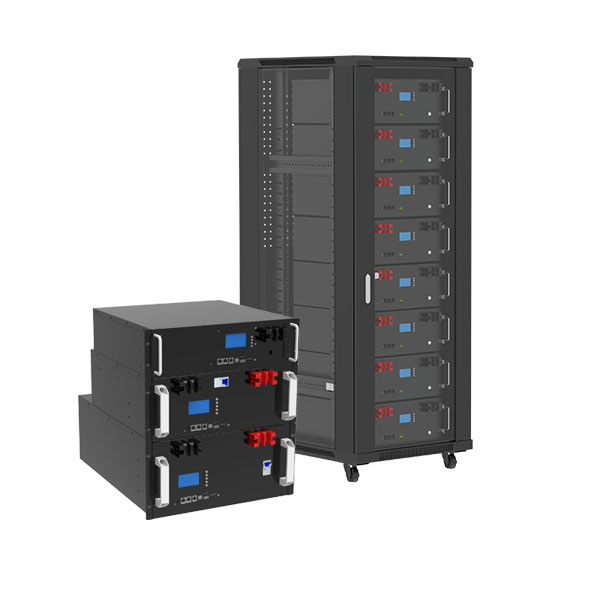
48V 1000Ah household Photovoltaic energy storage split type machine
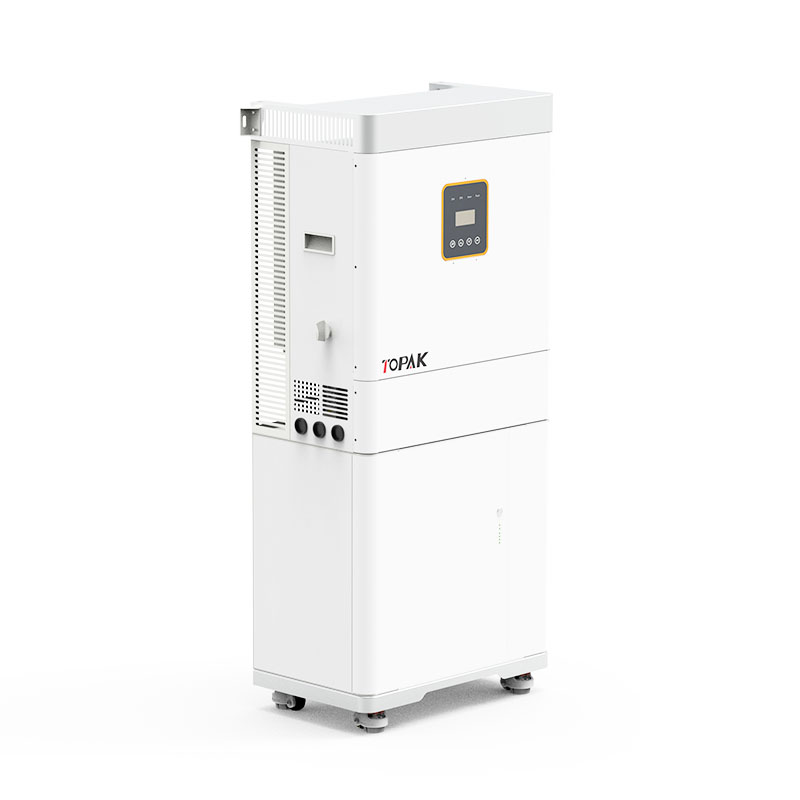
TOPAK 5KWA+5KWh Vertical Home Solar Inverter Energy Storage Integrated Machine Parallelable
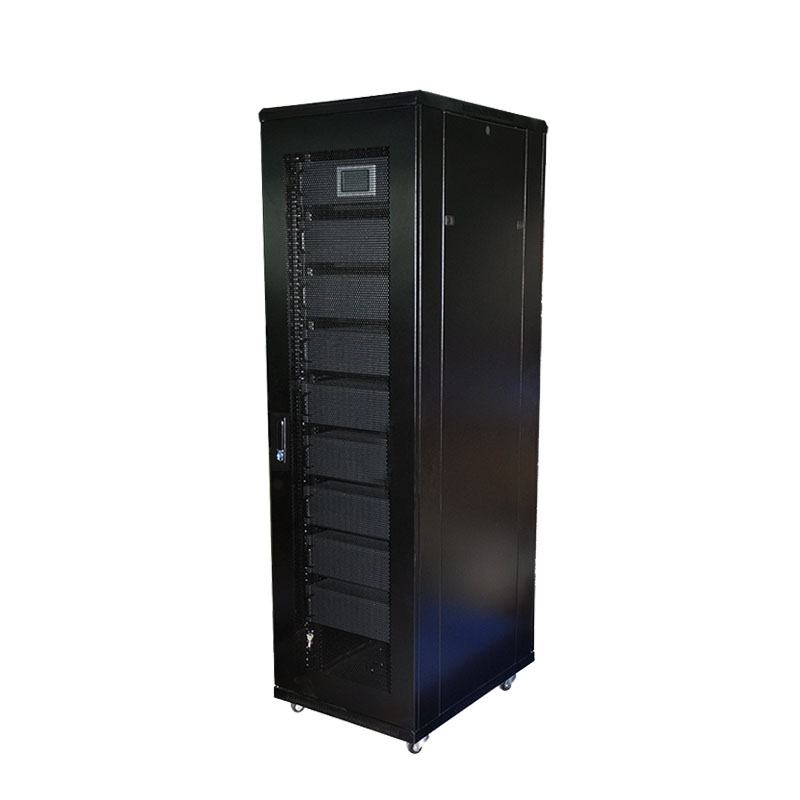
384V 100Ah Backup power supply 38.4kWh UPS Data Center Power System
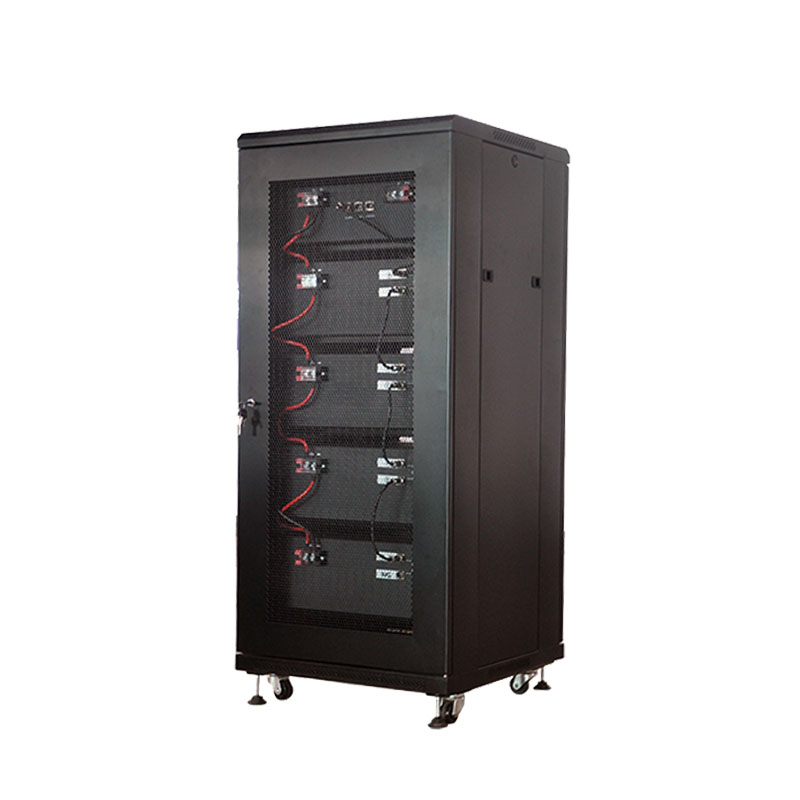
384V 50Ah Backup power supply 19.2kWh UPS Data Center Power System
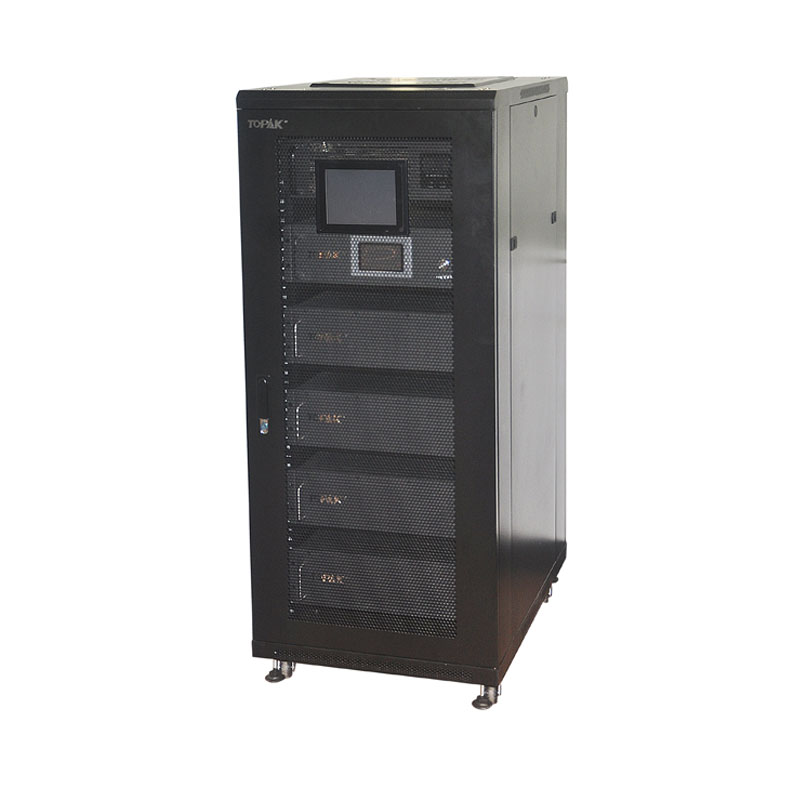
192V 100Ah Backup power supply 19.2kWh UPS Data Center Power System
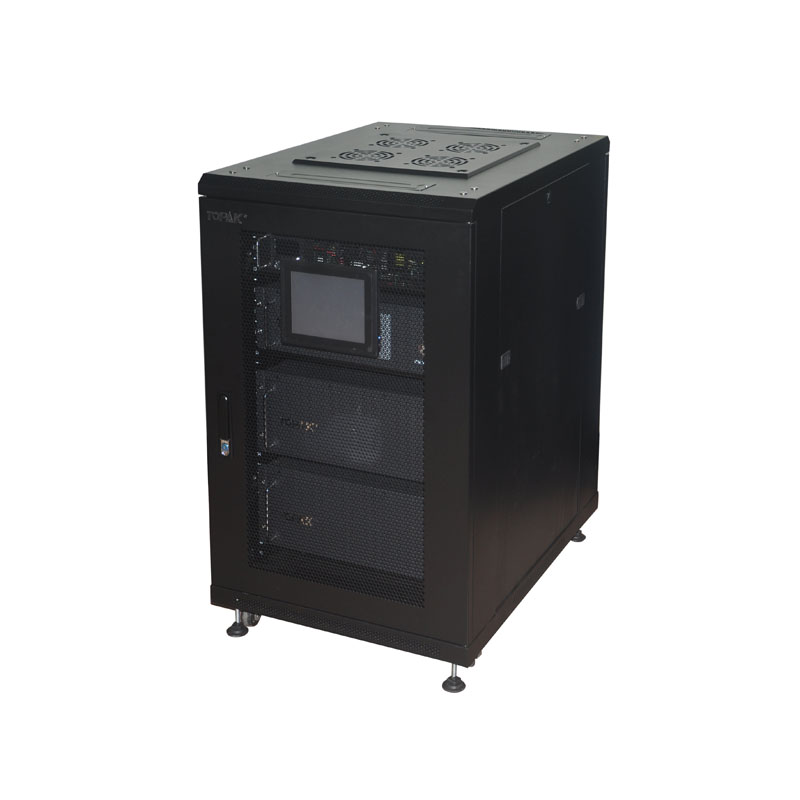
192V 50Ah Backup power supply 9.6kWh UPS Data Center Power System

224V 100Ah UPS Power System 22.4kW LiFePO4 Battery System
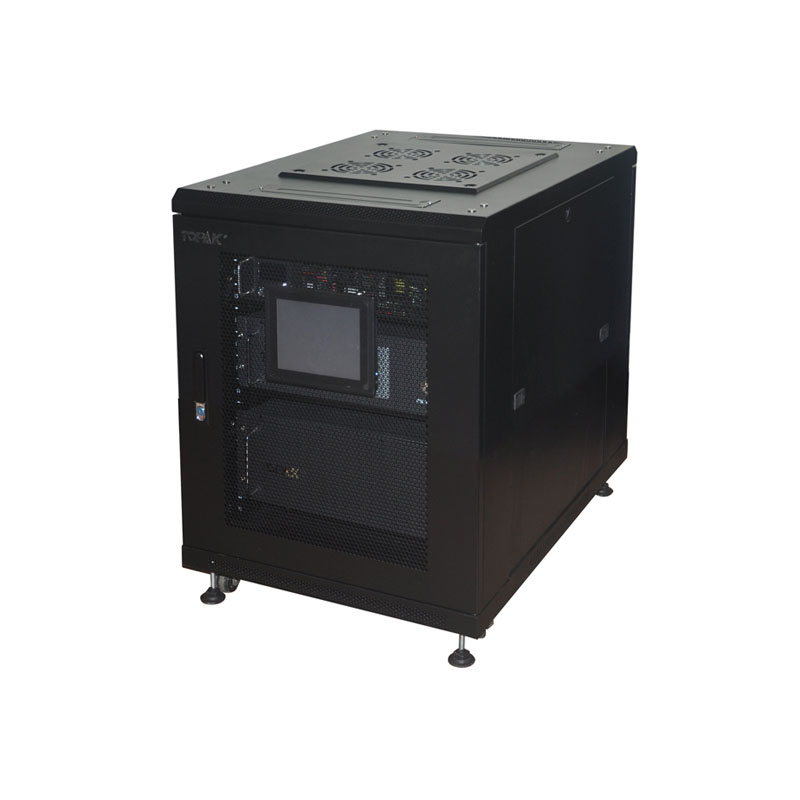
TOPAK 224V 30Ah Lithium ion UPS lifepo4 Battery 6.7KW UPS Backup
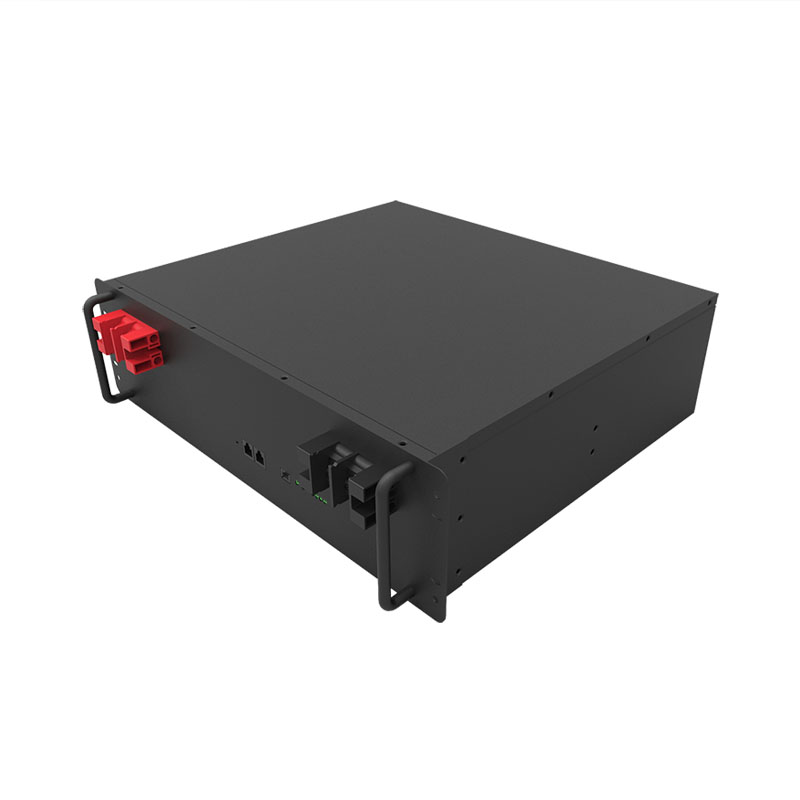
48V 150Ah tower energy stroage battery ofr backup power supply,home/hopital/bank/small business/base station use
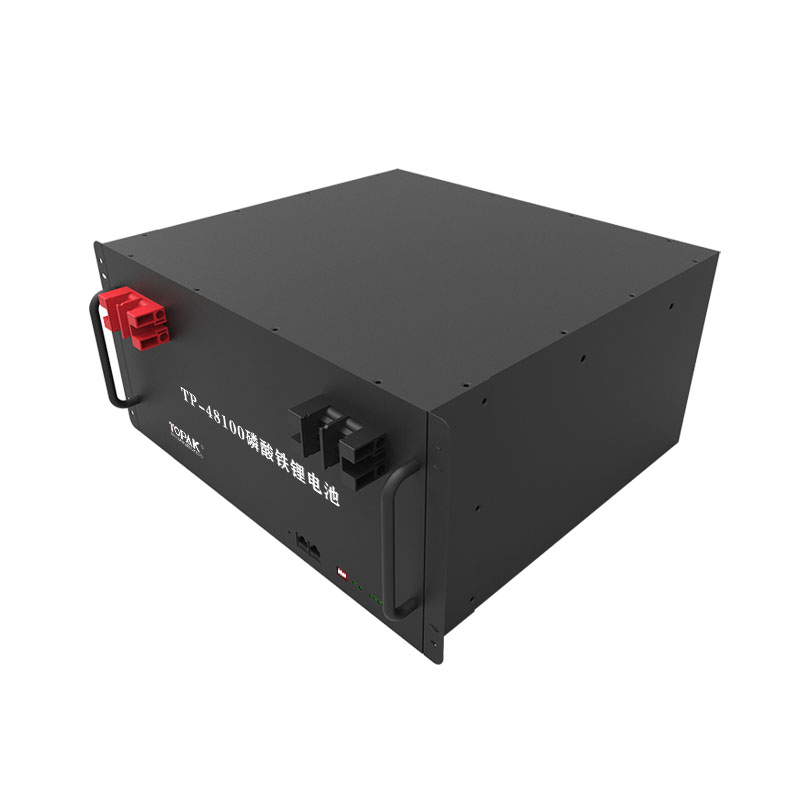
48V 100Ah(5U) tower energy stroage battery ofr backup power supply,home/hopital/bank/small business/base station use

Topak tower energy stroage battery for backup power supply,home/hopital/bank/small business/base station use

Topak 48V 100Ah Lithium ion battery BMS Solar Energy Storage System Lifepo4 Battery
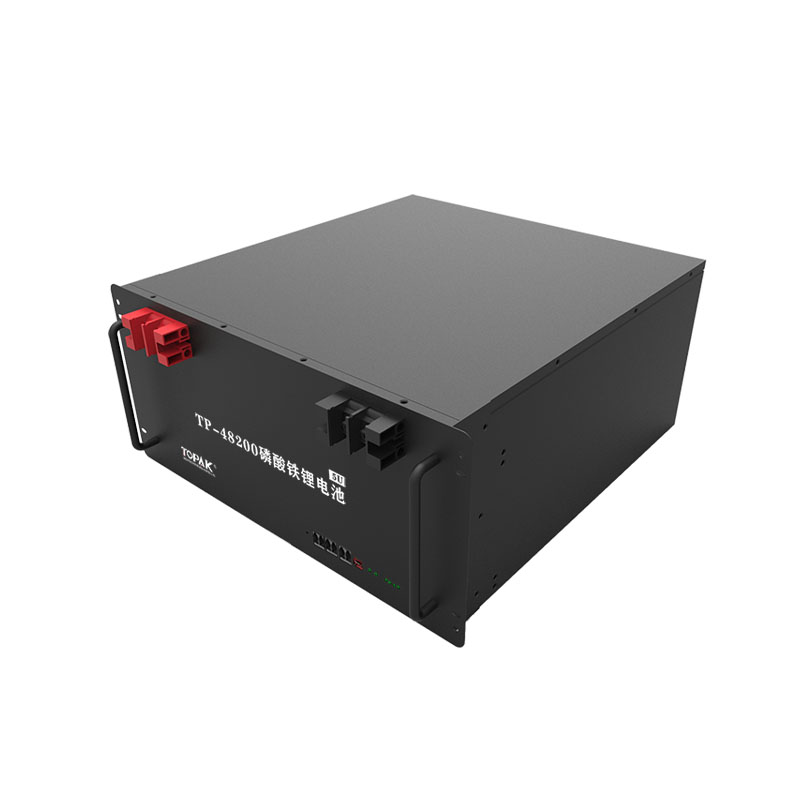
48V 200Ah tower energy stroage battery ofr backup power supply,home/hopital/bank/small business/base station use
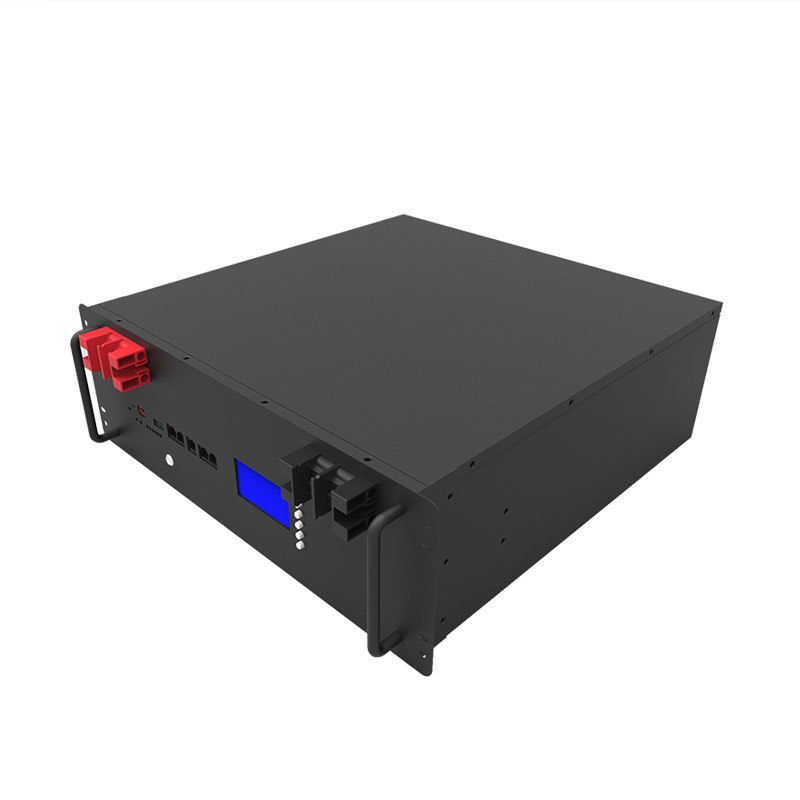
48V 100Ah(4U) tower energy stroage battery ofr backup power supply,home/hopital/bank/small business/base station use

12V 100Ah Lifepo4 Battery Patent design lithium battery
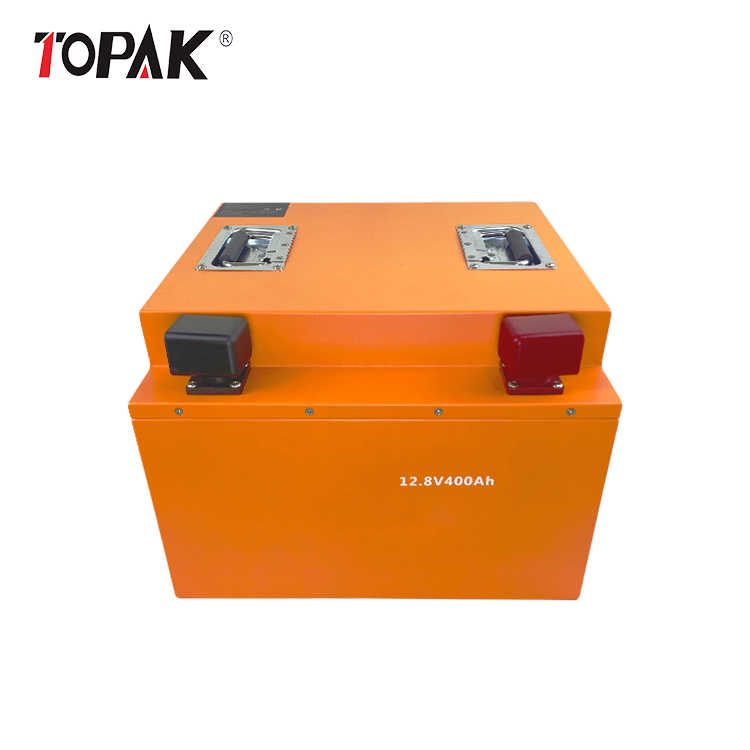
TOPAK RV Lifepo4 Battery 12V 400ah Energy Storage Lithium iron Phosphate RV Battery

51.2V20AH Lithium battery for electric bicycle battery converter

10.8V2.1AH Massager lithium battery

29.6V7.5AH Reserve power supply lithium battery
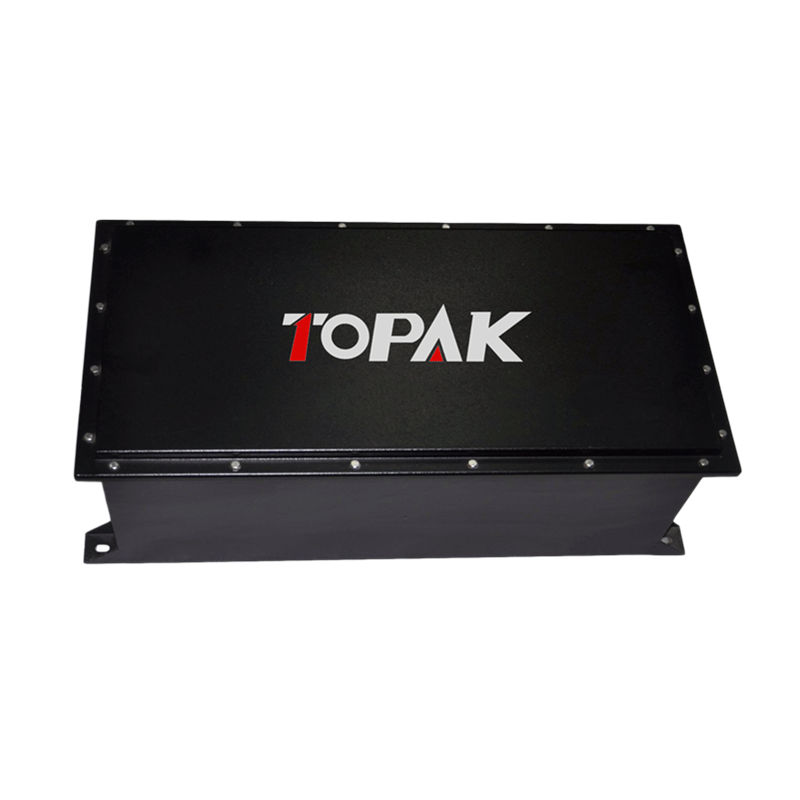
64V100Ah electric tricycle lithium battery
Writer: TOPAKRelease time: 2023-09-22Page View: 101
Household energy storage system refers to an energy storage system installed in household or small commercial buildings, which can convert renewable energy such as solar and wind energy into electrical energy and store it for household use or commercial buildings. With the continuous popularization of renewable energy, household energy storage systems have become an increasingly popular form of green energy storage. The core component of household solar energy storage systems is rechargeable batteries, usually lithium-ion batteries. Household energy storage systems mainly include solar photovoltaic panels, solar controllers (inverters), and solar storage batteries.
Advantages of household energy storage systems:
1. Self sufficiency: Household energy storage systems allow households to be self-sufficient and no longer rely solely on the power grid, increasing their energy independence.
2. Reducing electricity bills: By purchasing electricity during low periods and using battery stored electricity during peak periods, households can maximize energy savings.
3. Emergency backup: In the event of a power outage in the power grid, the household energy storage system can provide backup power for household use and maintain basic electricity demand.
Household energy storage systems are generally installed in household or small commercial buildings, typically consisting of energy storage equipment, control systems, and batteries, which can achieve the storage, management, and use of electrical energy. With the continuous popularization of renewable energy, the market demand for household energy storage systems will be increasing. In the future, household energy storage systems will face more challenges and opportunities. Household energy storage systems are an important support for the development of renewable energy and have broad market prospects in the future. We believe that with the dual promotion of technological innovation and market expansion, household energy storage systems will usher in a better future.

ShenZhen Topak New Energy Technology CO.LTD.
+86 13688963831
B2B@topakpower.com
Address: 26 Yingfeng 1st Road, Dalang Town, Dongguan City, Guangdong Province (Tuopai Industrial Park)
Copyright © 2019 Shenzhen topak new energy technology CO.LTD. 粤ICP备20054061号